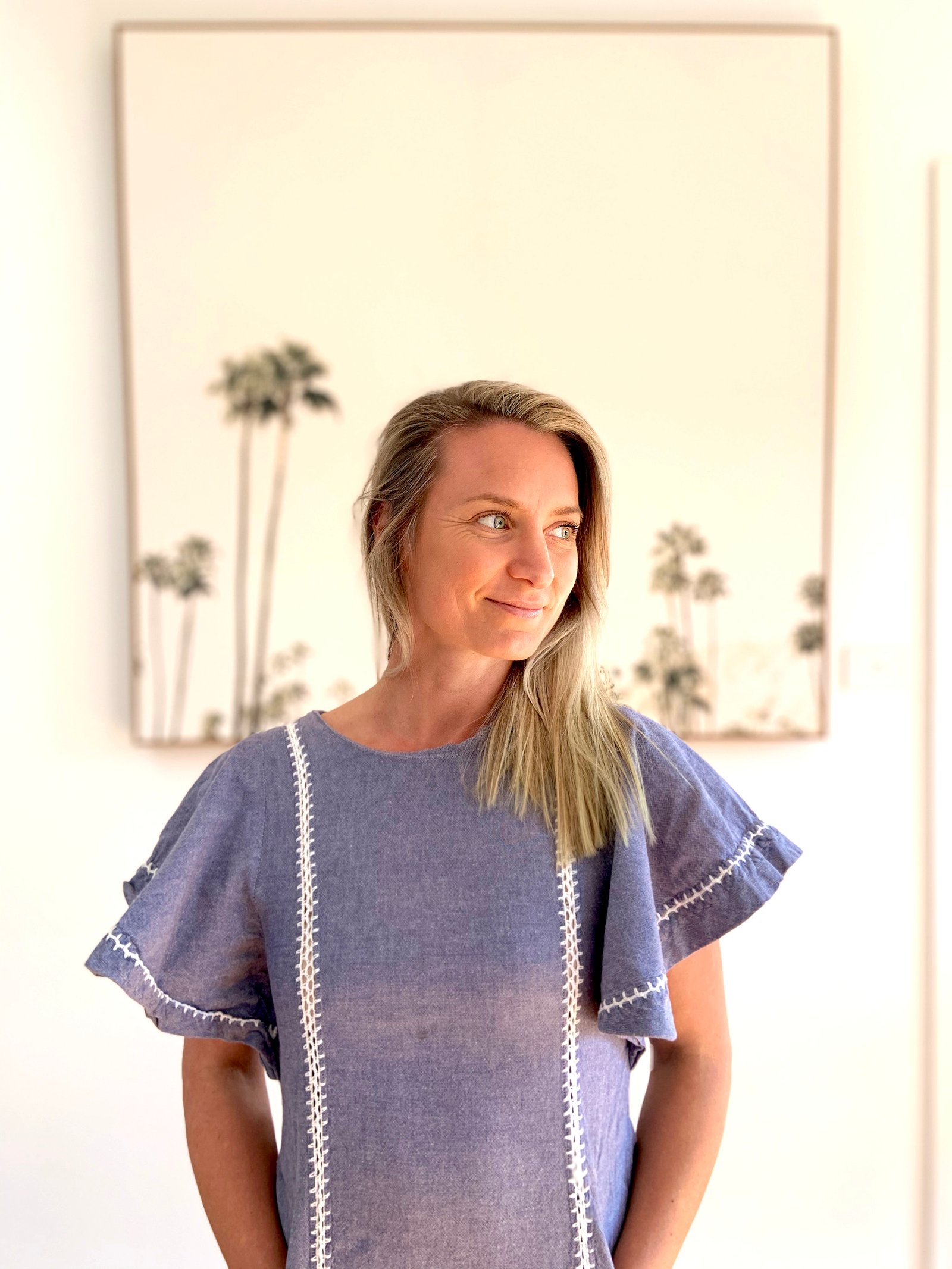In this episode we are talking all about the powerful impact of sensory healing after developmental trauma. We discuss:
- The concepts ‘sensory healing’ and ‘developmental trauma’
- The Neurosequential Model of Therapeutics by Dr Bruce Perry
- The 6 R’s of a trauma-compassionate treatment plan: rewarding, relational, relevant, respectful, rhythmic, and repetitive
- Low-cost, budgeted sensory activities to maximise the potential for healing after trauma
- Precautions we need to be aware of when integrating sensory strategies into trauma-informed care
- We we need to move away from traditional behaviour management approaches towards a focus on relational understanding
- Fostering curiosity and a relational approach in therapy
- Animals and farm-based care in therapy
- Real-life clinical examples and Marti’s clinical reasoning
- Writing and publishing a book: self-published vs traditional publishing (Marti has done both!)
- And SO much more!
Marti Smith is an esteemed occupational therapist based in Austin, Texas, where she works at a care farm dedicated to serving individuals who have experienced trauma and adversity. With a profound commitment to healing through sensory integration, Marti has authored two influential books: The Connected Therapist: Relating Through the Senses and Sensory Healing after Developmental Trauma: The Connected Therapist’s Guide to Low-Cost Activities for Working with Children. Her work emphasizes the importance of sensory strategies and relational approaches in trauma-informed care, making significant contributions to the field of occupational therapy.
You can learn more about Marti Smith and her books here:

